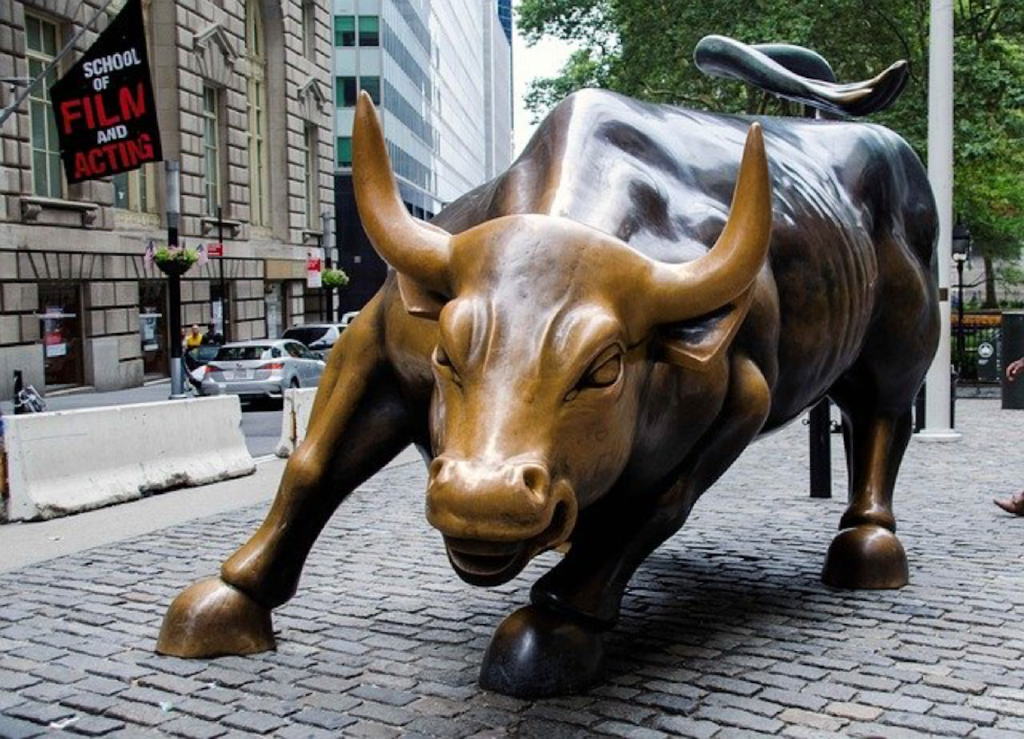Traders provide risk tools to market liquidity. The bulk of cryptocurrency plans will die without a market to exchange. The more liquid a market becomes, the more useful it is. There’s been an error. Currencies are a commercial medium, and the market king is liquidity. Below here. Below here. Below here. Below here. We’re going to discuss how you’re going to be a dealer.
Establish enough capital
No one can make money consistently. Sporadic and protracted losses are involved in day trading. (For example, the day trader will suffer several eight losses and only recover with profit on the ninth business.)
To deal with these risks, a day trader needs to have a sufficient capital buffer with a trader. Van K. Tharp explained that this would be a healthy way to not enter a business climate with only some money in Trade The Way to Financial Independence. Tharp suggests exchanging the job for at least $100,0001 before leaving for the full-time company. The entrants can commence with smaller amounts, depending on their chosen trading plan, speed, and other costs. It is essential to maintain a balance of 25,000 dollars to be active in business days.
Join the markets
Day traders need a strong market functioning knowledge base. A trader must have a wide range of information and necessary details (e.g., travel times, holidays) and (e.g., the effect of news events, margin requirements, and tradable instruments).
Knowledge of securities
Both shares, futures, choices, ETFs, and mutual funds are variable. The launch of a trading plan could lead to failures without a clear understanding of safety characteristics and business requirements.
Unless the safety requirements are known, there will be casualties. Aspiring dealers are responsible for ensuring that selected securities are in trade successfully.
Develop a trade policy
Novice traders who enter the trading environment can select two commercial strategies at least first. They are used to support each other in the event of company failure or lack. More (more complex) methods can be developed, and expertise learned later.
The business world is very varied. Trading policies can consistently make money for long stretches, but they fail at any time.
Capital management
Let us placed $100,000 as commercial capital and an exceptional trading strategy with a rate of success of 70% (seven trades out of 10 are profitable). What are you going to invest in your first company? What about the first three firms failing? What if the average record is not preserved (seven out of ten profitable companies)? Or how do you distribute your money while selling future (or options) for the cash margin requirements?
Management of currencies helps you solve these problems and estimates your revenue. Even if 4 out of 10 successful companies are available, effective cash management will make you a winning option. Trades are performed, planned, and arranged by the specified government and schedule of assignments.
Study Brokerage Charges
Trade days typically include daily companies, which lead to high broking costs. After thorough consideration, pick the brokerage strategy wisely. You should have a trading plan if you want to play one or two trades every day. A broker offers additional trading services and transaction execution, including business channels, automated trading techniques such as optional mergers, trading tools, historical data, and analytical resources. Certain features may be free, and others may cost you money.
It is recommended that you choose the features to suit your trading needs and not subscribe to those. When offering a cheap fundamental brokerage kit that meets their trading requirements, novices can upgrade to other modules if necessary for this part.

